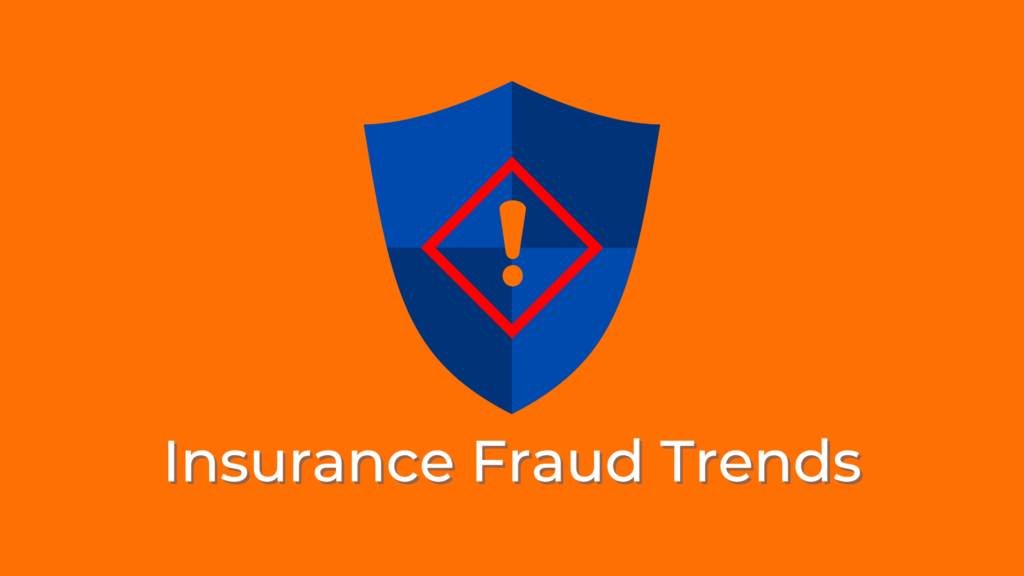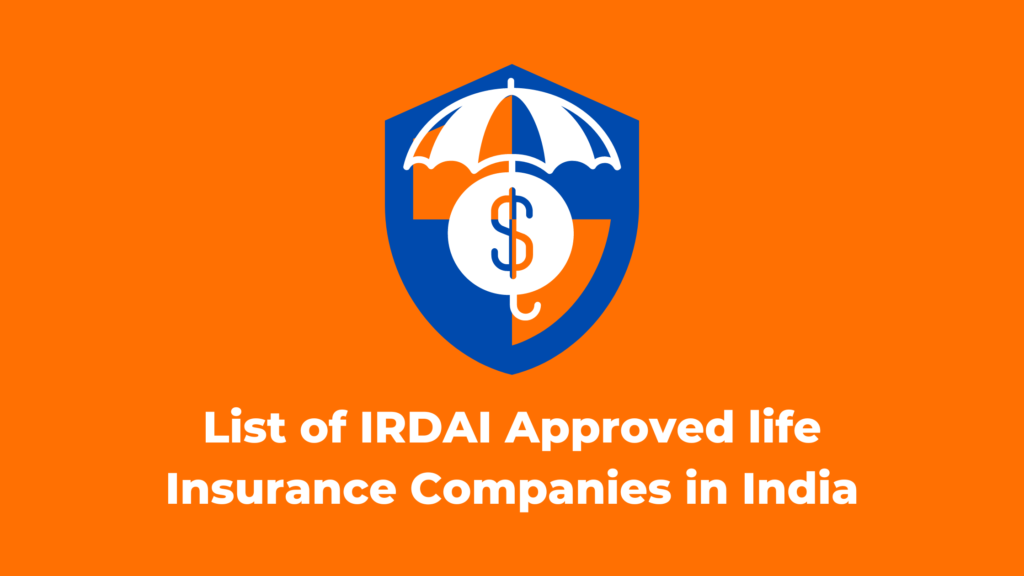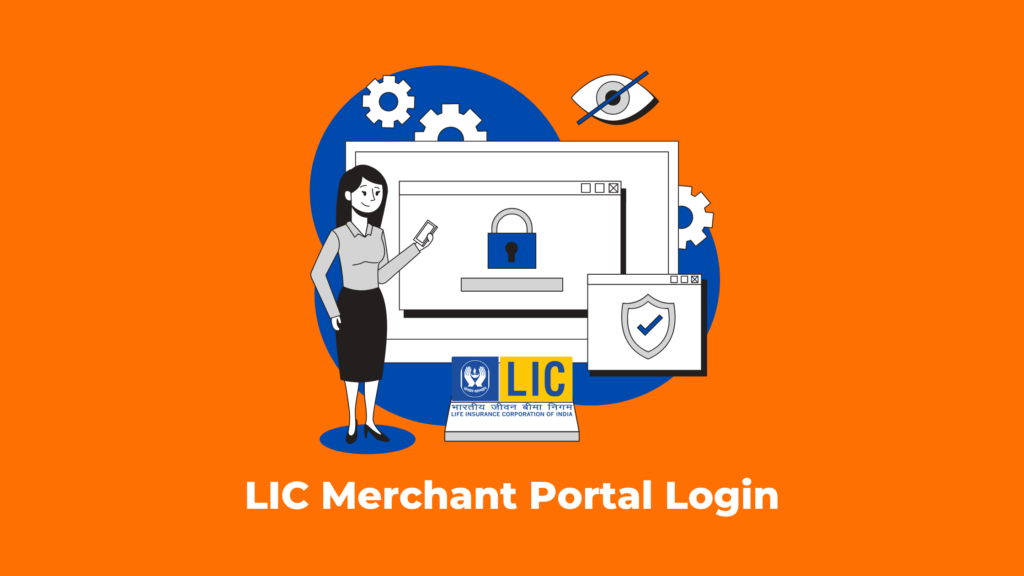What is Insurance Fraud?
The intentional misuse of an insurance policy for financial benefit is known as insurance fraud. Fraud is an illegal, willful action. It includes any deliberate misrepresentation made to an insurance company or its beneficiary.
Insurance fraud appears to be simple. How difficult can it be, after all? To leave for the islands, push your automobile down a cliff, report it stolen to the police, and cash your check.
After all, this is a multi-billion dollar economy sector whose entire economic foundation rests on separating the truth from lies. But that doesn’t imply that people don’t try.
The typical types of insurance fraud are listed below:
Application fraud
Application fraud is the intentional submission of false information on an insurance application. It is often the most common insurance fraud, accounting for two-thirds of all refused life insurance claims.
Please take note that this covers only intentional lies put in motion by the scammers. People frequently make mistakes on their insurance paperwork that includes honest errors, inaccurate estimates, or other sources of errors. For instance, it’s not fraud if you misestimate your weight on a medical document. It only becomes a problem when a fraudulent claim is made on purpose.
Illegal Denial Fraud
Not all insurance providers operate in the same manner. The second most frequent kind of insurance fraud is probably one against the insurance company. It includes charging patients for services their insurance already covers, automatically denying claims, and inventing justifications for underpaying or rejecting claims. Perhaps the most common scams occur when an insurance company intentionally confuses your documentation in the hopes that you’ll miss the fact that they have underpaid you or rejected fair coverage.
Stolen Cars
Stolen automobiles are a common element of an insurance scam. It is growing in popularity and profitability, especially in light of the rise in “new for old” insurance policy purchases. Fraudsters frequently purchase a brand-new car, use it for a few years, then sell it. They then file an insurance claim, getting a free car or cash equivalent in exchange.
Minor Car Accidents
Some con artists fabricate minor accidents to file insurance claims. It may entail abruptly reversing your vehicle, so the back of the car crashes into another vehicle. As a result, the fraudsters file personal injury claims for whiplash in addition to claims for car damage.
Sometimes, two drivers manufacture a collision to make a whiplash injury claim. There are also “phantom passenger” claims, in which fraudsters misrepresent to insurers that a crash involved several passengers. Insurance companies have tightened down on whiplash claims in recent years. Many insurers demand that claimants undergo a medical examination to determine the severity of the injuries they claim, to combat fraud.
False Claims
Reporting an accident that never happened is among the most prevalent forms of insurance fraud. Due to a variety of factors, this scam happens a lot. Many fabricate mishaps to submit slip and fall claims to the insurance company. The biggest cause is that it’s hard to refute allegations of injuries. Payouts, though, can be costly. Additionally, it is not unusual for policyholders to participate in these frauds.
Inflated Claim
Even though exaggerated claims can pop up anytime, they tend to occur more frequently when natural catastrophes strike. At this point, con artists enter the picture and attempt to defraud insurance companies.
Other cases were when homeowners signed exaggerated claims for work that didn’t cost much, like repairing a roof.
Disaster Insurance Fraud
Natural disasters frequently result in confusion and a great deal of rush and bustle. When everyone is dispersed and tense, what better time to engage in fraudulent activities? In addition, insurance firms often feel overwhelmed by the volume of claims during natural disasters.
They lack the time and resources to investigate each accusation thoroughly. As a result, some homeowners prefer to profit from the circumstance. Even though their homes are not damaged by fire, flooding, or lost valuables, they make several insurance claims. Due to the high volume of these claims, insurance firms rely on documentation to identify qualified homes. Policyholders can, however, file claims for damages that cannot be seen from the outside when natural disasters strike.
Fake Death
We have heard stories about people staging their deaths since we were young. This theme has appeared frequently in films, novels, and even some television shows. Therefore, it should be no surprise that fooling the insurance company by pretending to die is a typical tactic.
A policyholder will obtain a significant life insurance policy. Then, they will eventually stage their demise after a few months or years. The written beneficiary vanishes with the reported “death” and the family is no longer traceable after they have received the payment from the insurance company. The scammer occasionally turns into a loser when their relatives flee with the money and they are left with the act of faking their death.
False Police Reports
It is significant to highlight that submitting a fraudulent police report is a common component of insurance fraud.
For instance, notify the police of any accident involving a moving car. The same is true whenever you assert that your property was taken, set on fire, or otherwise maliciously harmed. In addition, according to most insurance policies, you must submit a copy of the information along with pertinent claims handed by the authority. For instance, if your laptop is stolen, you must notify the police immediately and obtain the necessary documentation before submitting a claim to your insurance provider.
Phony policy fraud
Sometimes con artists posing as insurance agents “sell” fraudulent policies to unwary clients, to collect money in the form of premiums. The con artists pretend to work for a well-known and reputable company to gain your trust before asking for cash or direct payments for a policy.
One should always make payments for life insurance directly to the insurance provider. Always designate money to the insurance company as the payee. Then, brokers and agents can process the costs, which may entail providing payment information over the phone – another reason to ensure you’re working with a licensed agent.
How to Avoid Insurance Fraud?
Here are a few ready-to-use tips to make sure you never become a victim of insurance fraud:
Ask the insurance Agent for ID Proof
All agents representing insurance firms must undergo rigorous training and obtain proof of identification according to tight instructions given by the IRDA to insurance agencies. Therefore, if a representative approaches you, you should first request their ID, write down their information, and then phone the insurer’s customer support number to verify their identity. This precaution has been suggested to help you prevent becoming a victim of insurance fraud.
Never Pay in Cash
No insurance representative will ever demand cash payments out of the blue. Additionally, you should call the customer service center and confirm the information to be included on the cheque to be sure you are writing the cheque to the correct account. It will protect you from unintentionally writing a statement to an agent who will deposit the money under a name that sounds similar to yours and becoming a victim of one of several potential insurance frauds.
Do Not Disclose Your Policy’s Specifics
Insurance fraud charges invariably originate from sharing information from your policy paperwork with an unauthorized third party. Sometimes a con artist would ask you for information regarding your coverage while posing as an insurance representative. For example, they might call you pretending to be from the insurance company’s customer care department or the consumer rights department. If someone calls and doubts whether you have any concerns regarding your insurance policy, you should be extremely cautious.
Online insurance policy acquisition
Instead of dealing with an agent, you can purchase your insurance policy online if you’d like to eliminate the possibility of insurance fraud. It will eliminate the middleman and ensure a secure and open transaction. Don’t share your credit card information with anybody, and make sure you follow the payment instructions. Additionally, make sure you only make payments on the website that the insurance company recommends, as this site will have a secure SSL-enabled payment gateway.

Pardeep is the founder and editor of Small Investment Ideas. He believes that everyone can change their life with the help of small investments and achieve financial freedom.


